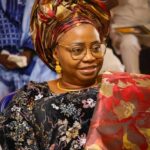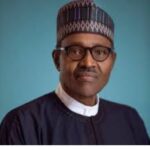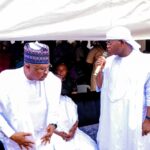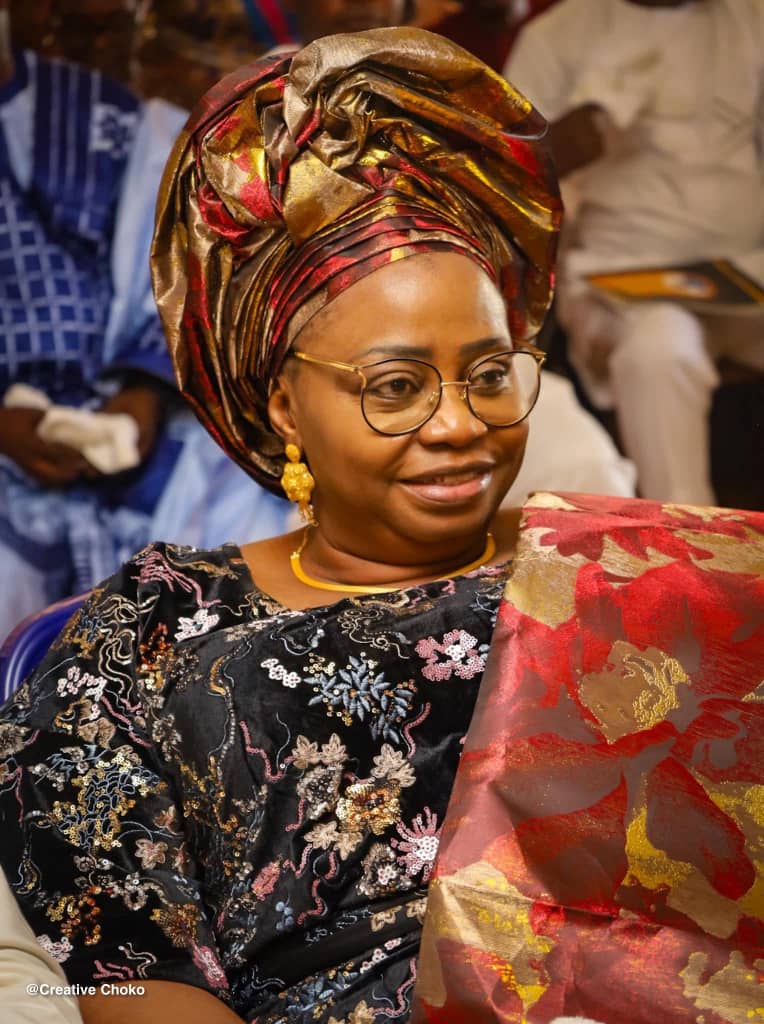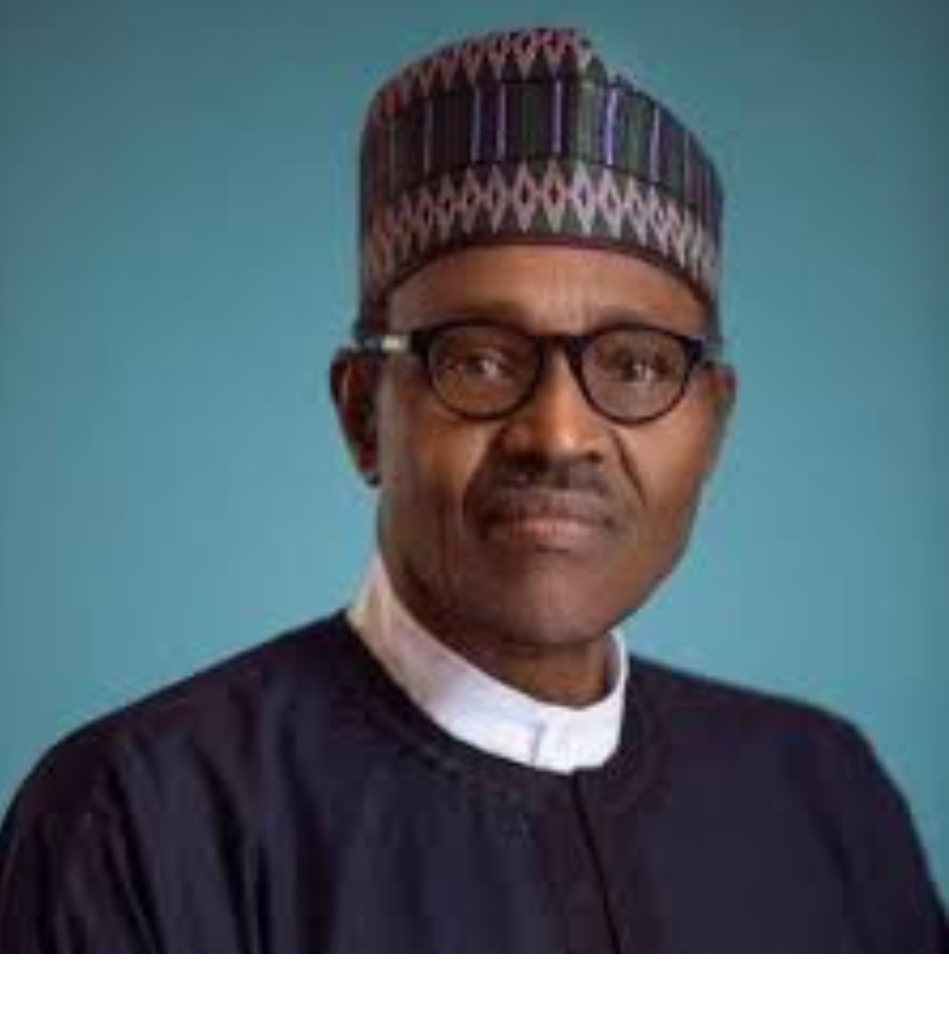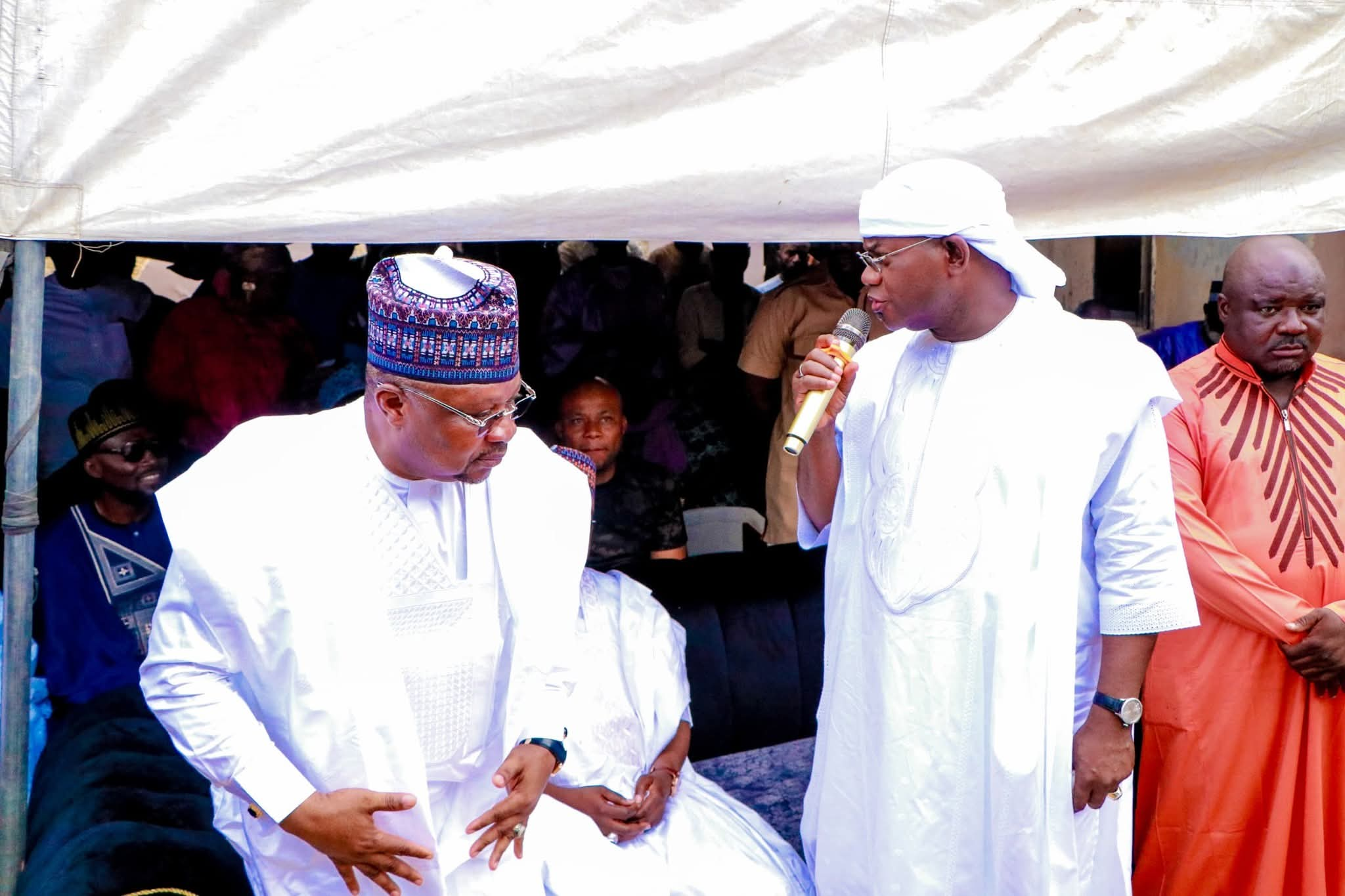By Christopher Sunday
June 12 is not just a date—it is a symbol of Nigeria’s highest aspiration and deepest betrayal. It was the day Nigerians spoke in one voice, cutting across tribe, tongue, and religion to elect a man they believed represented hope: Chief Moshood Kashimawo Olawale Abiola. But it was also the day that the political class reminded the people that power, when unchecked, will always choose itself over democracy. Decades later, we must ask—have we honoured Abiola’s legacy, or are we merely observing a ritual void of meaning?
On June 12, 2025, President Bola Ahmed Tinubu chose to cancel a national broadcast and instead address Nigerians through the National Assembly—an institution widely regarded as disconnected from the everyday suffering of the people. While the symbolism of speaking from the legislative arm might be interpreted as democratic, it misses the deeper point: the Nigerian people were not seated in that chamber. They were not heard. They were not represented. Democracy is about the governed, not just the governors.
In an era of economic hardship, increasing insecurity, and deepening public distrust, the decision to speak through an elite-dominated legislature rather than directly to citizens appears tone-deaf. The National Assembly, which swallows a disproportionate share of the nation’s resources, is more often seen as a hall of self-serving privilege than one of patriotic service. To many, it is the echo chamber of the political class, not the conscience of the Nigerian people.
How can leaders who have so comfortably insulated themselves from public suffering effectively speak for the masses? While the cost of food, transport, healthcare, and education continues to rise, elected officials bask in luxury: SUVs worth millions, unnecessary renovations, bloated fleets, excessive allowances, and freshly minted ministries. This is not the spirit of June 12. This is not the sacrifice of Abiola, who died defending the truth of a stolen mandate. This is betrayal cloaked in ceremony.
June 12 should challenge our leaders to descend from their towers and sit among the people. It should remind them that real democracy is not performed in suits and chambers—it is lived in the dusty streets, the congested markets, and the hollowed-out classrooms where the promise of governance feels like a distant rumour.
Abiola stood for something bigger than himself: justice, unity, and the dignity of every Nigerian. If we continue to water down the meaning of his sacrifice with hollow gestures, grand speeches, and elite celebrations, then we have not only betrayed his legacy—we have buried it beneath the noise of our hypocrisy.
Today, as Nigerians struggle to make sense of their nation’s trajectory, the question is not whether President Tinubu should speak from the Assembly or Aso Rock. The real question is: who is he speaking to, and what does he truly represent? The spirit of June 12 demands more than performance. It demands justice, truth, and accountability. Without these, democracy is just another word on a calendar.

